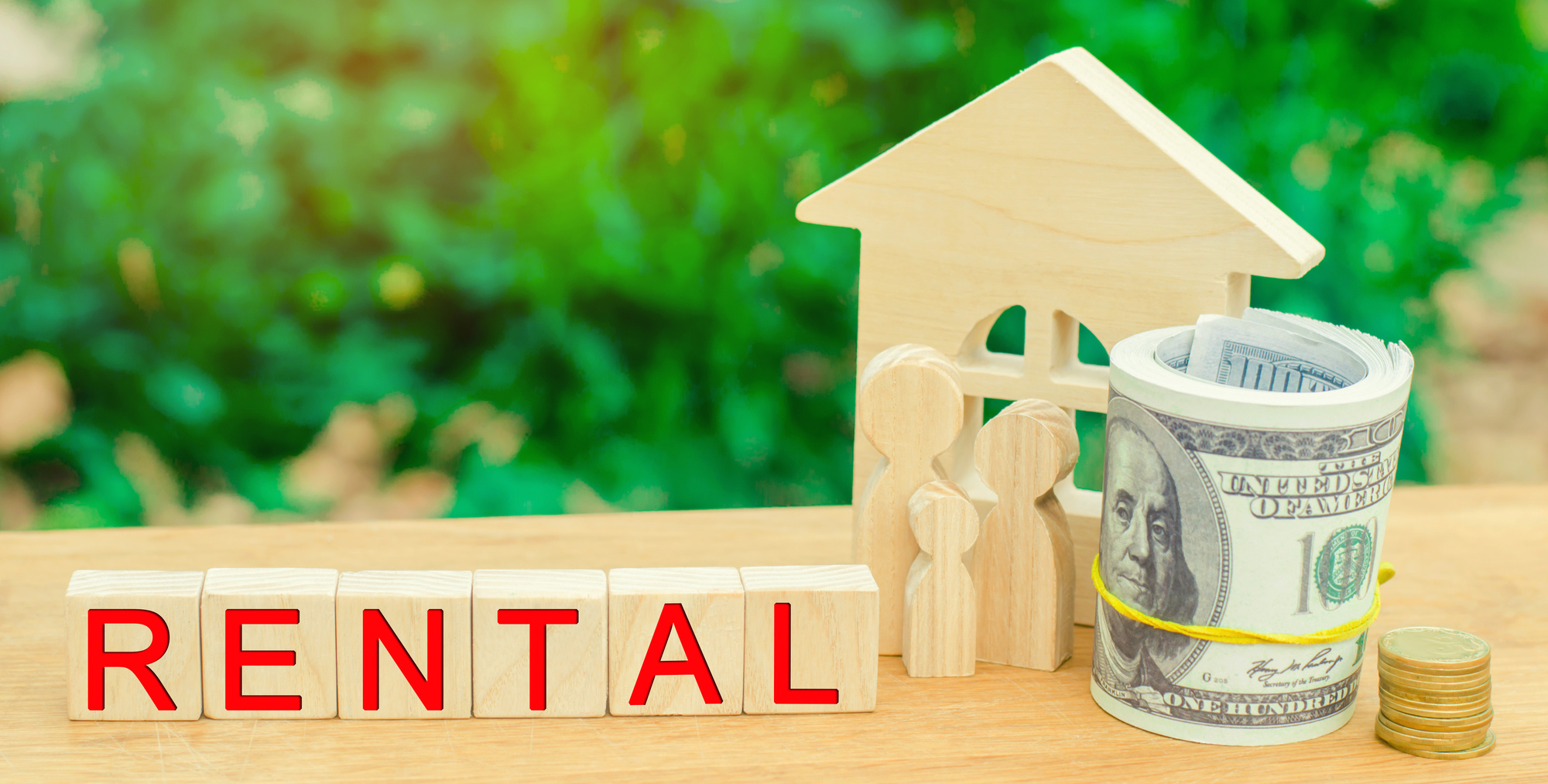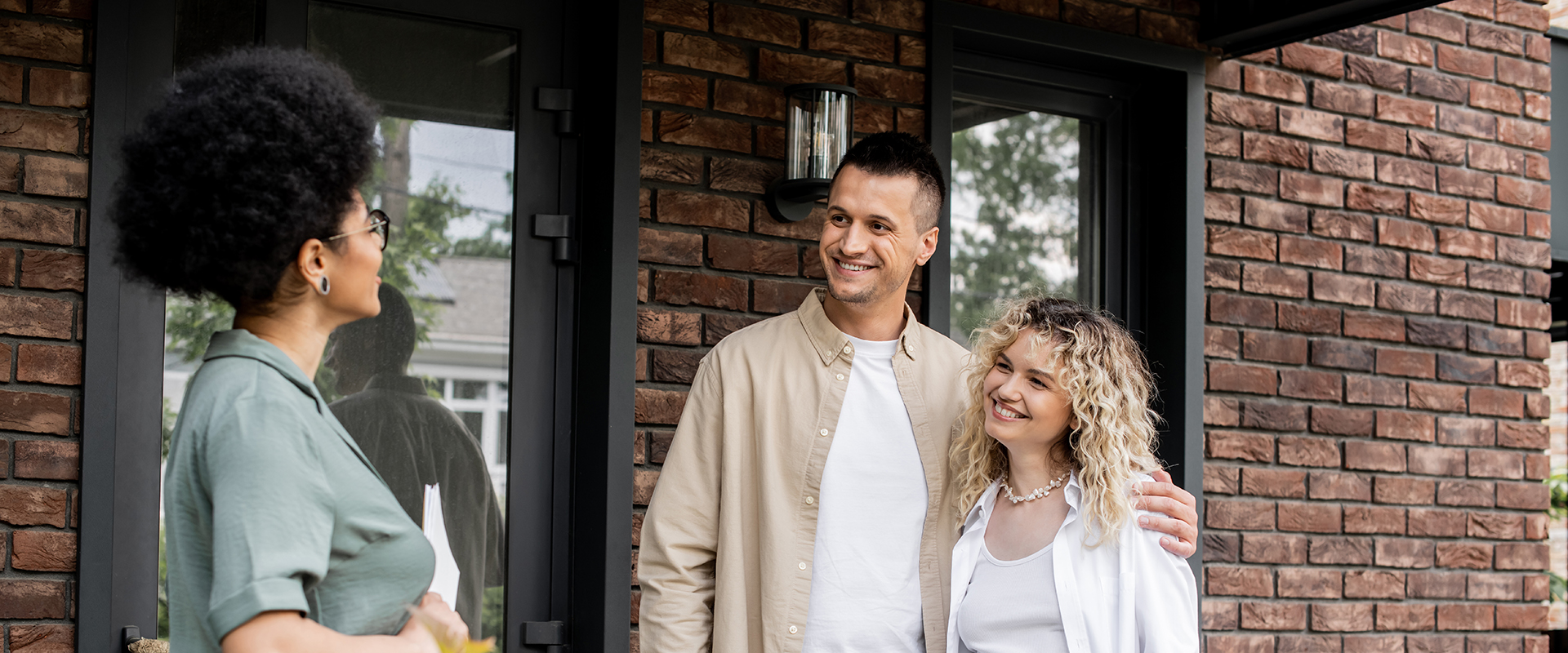Owning rental property is the preferred way to grow wealth for millions of Americans.
The are many benefits of rental investments. When the rent is more than the expenses, you can enjoy positive cash flow profit every month. Also, you can use the rent from your tenants to pay down (or pay off) your mortgage while your home appreciates over time.
All of which spells more equity for you.
So what do you need to know to invest in your first rental property? That’s the subject of today’s blog post as we examine five tips you must know before signing on the dotted line.
Start Investing in Single-Family Homes First
Investing in single-family homes is the easiest way to get started in real estate investing. There’s not as much upkeep involved as you would find with a multi-family or commercial property.
It’s also wise to start your rental investing with an inexpensive home around $150,000. More expensive homes will have more expensive repairs so it’s best to keep it simple in the beginning.
Don’t Buy a Fixer Upper
Don’t make the mistake of buying a fixer-upper with your first rental investment. The only exceptions to this rule are if you are highly skilled with major home improvements or you know a contractor with below market rates.
If you have to pay a contractor their normal rates, you will end up overpaying and home expenses have a way of spiraling up in a hurry.
It’s better to buy a home priced below market value that only needs minor repairs.
Invest Enough for Positive Cash Flow
Don’t forget that lenders require larger down payments for investment properties than owner-occupied properties. Since mortgage insurance isn’t available for rental properties, banks generally want at least 20% for the down payment.
A higher down payment isn’t all bad. The more money you put down, the lower your monthly mortgage payment will be. This all which leads to more positive cash flow, which you can save for the down payment on your next rental investment.
Having a decent positive cash flow will give you a cushion when unexpected expenses arise. It will keep you in good stead during tougher economic times. The more ability you have to weather ups and downs in the market, the more likely you will be able to hold the property for the long term.
Calculate Your ROI
Run the numbers and calculate your ROI to gauge the strength of any potential investment.
What is your dollar-for-dollar return on your investment? Most experts point to a 6% or 7% return as a goal to aim for. If you can get a 6% return on your first year, consider it a win. Over time, your ROI should increase, making your investment even more valuable.
Perform a Pro Forma Analysis
Do a pro forma analysis before you sign your loan contract to see the long-term viability of the rental property. Research similar properties in the area for the last 10 years to see how much rents have gone up. What are the rent trends going to be for your property for the next 10 years?
Compare the expected rise in rents over the next 10 years with your projected operating expenses. With these numbers in hand, you can more accurately project the net monthly profit on your investment and what the likely resale value will be should you decide to sell.
The Bottom Line About Owning Rental Property
Owning rental property can be a fun and profitable way to grow your wealth, but only if you take proper measures to safeguard yourself.
Keep it simple in the beginning by avoiding fixer-uppers and purchasing rent-ready properties. Run the numbers to make sure the ROI is attractive with enough positive monthly cash flow to weather tough times.
If you found this article helpful, please share it so others may benefit from it too.






